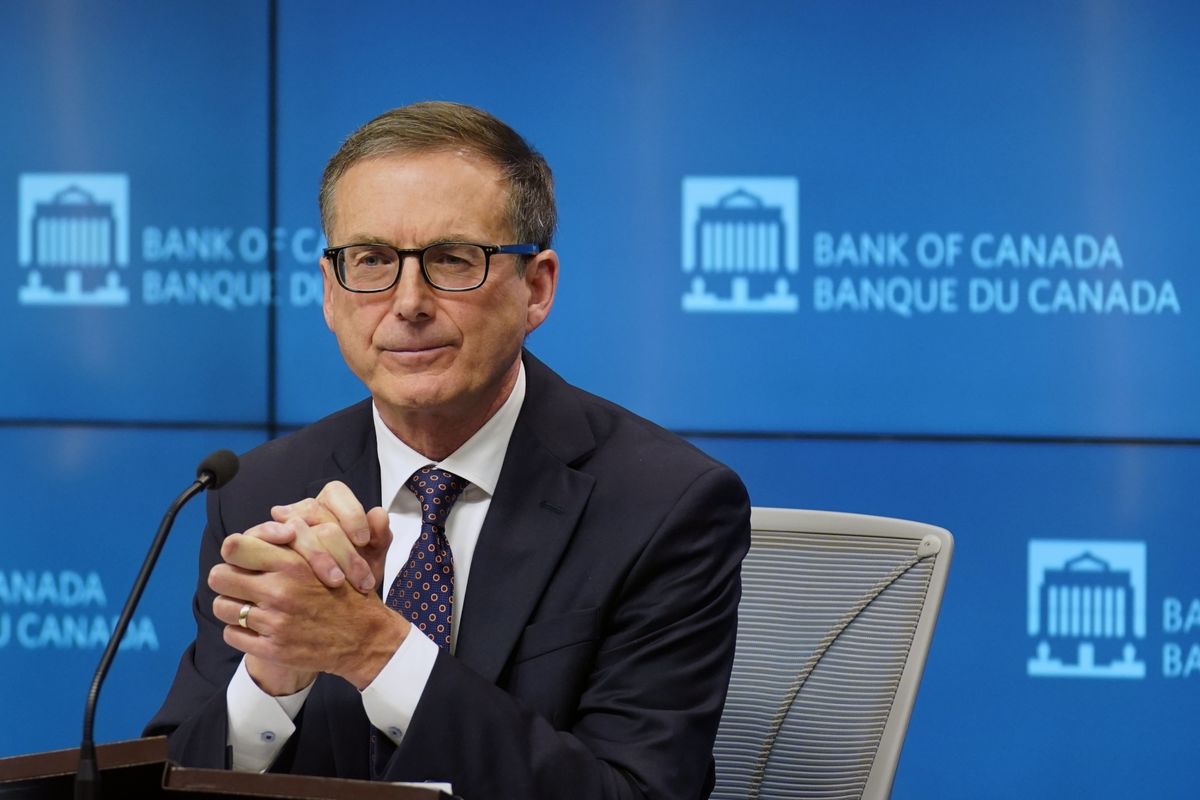


The Bank of Canada’s first-ever account of its internal policy discussions reveals that senior management is divided over whether Canada’s housing market would be more harmed by rising interest rates. The analysis the Bank of Canada used to decide whether to raise interest rates was made public, providing a glimpse into the central bank’s perspective on the state of the housing market.
The Bank of Canada’s summary of its governing council discussions expressed concern that tighter monetary policy could have a negative impact on the housing market. The typical Canadian house is now more expensive than before the COVID-19 epidemic started, and the Canadian Real Estate Association predicts that this pattern will continue. In 2023, CREA projected that the national average house price will drop by over 6%.
CREA’s January report suggests that national house sales have been constant since the summer, suggesting that the downward adjustment to sales activity brought on by rising interest rates and heightened uncertainty may have already happened. CREA does not refer to the scenario in 2023 as a recovery, but rather as “the beginnings of a reversal.” The volume of fresh supply in December of last year was the lowest ever. The Bank of Canada believes that “household formation” and Canada’s high immigration rates will support the housing market, as the Canadian government plans to bring in 1.5 million permanent residents over the next three years.
The Bank of Canada governor Tiff Macklem has predicted a shift from renting to purchasing by the end of the spring, despite higher mortgage rates. This could be due to purchasers who have been holding off on buying due to rate rises, or to the Bank of Canada suspending rate rises to determine if its monetary policy is effective. The Bank of Canada raised interest rates by a quarter percentage point in January due to the third quarter of 2022’s robust employment, wage, and GDP growth, which can influence inflation. The bank is prepared to increase rates further if additional evidence emerges showing inflation is not dropping.
The Bank of Canada judged that inflation has declined from a peak of 8.1% in the summer of 2022 to 6.3% year over year in December due to a decline in fuel costs. Costs for food and housing are still high, but the bank judged that Canada is making progress against inflation. The governing council was aware of lingering uncertainty but judged that data since the October (monetary policy report) had generally supported their conviction that inflation would decline through 2023.